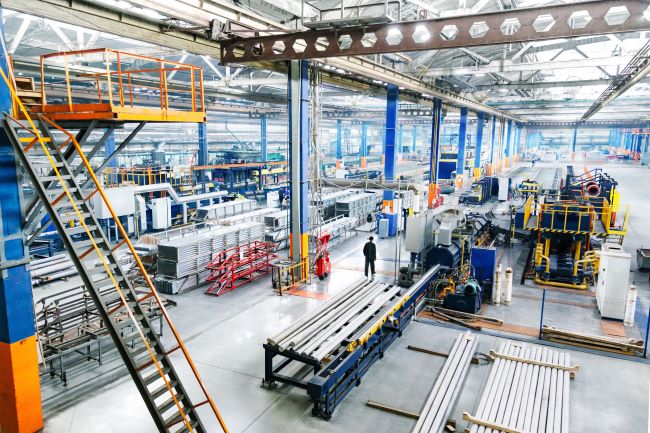Manufacturing companies rely on sophisticated equipment. When equipment fails, operations may grind to a halt, resulting in massive direct and indirect costs. By taking proactive steps to mitigate the risk of equipment failure, manufacturing companies can avoid headaches and protect their bottom line.
The Cost of an Equipment Failure
When equipment fails, manufacturers may face both direct and indirect costs, including for:
- Fixing or replacing the equipment. This is the most obvious expense. Depending on the type of equipment involved, it could be a major expense.
- Lost materials. Equipment malfunctions may damage or destroy some materials. These costs will likely be minimal compared to other expenses. However, if your business uses expensive materials, costs could be still be high.
- Business interruption. It could take days or even weeks before you are able to fix or replace your equipment. This will impact your business operations in the meantime. If you have multiple machines or facilities, equipment failure may only slightly reduce your output. However, if all of your operations depend on a single piece of equipment, your operations could come to a standstill.
- Reputational harm. Clients who depend on your products may be frustrated by delays. If delays negatively impact their operations, they may wonder whether they can rely on you going forward. Although reputational damage can be difficult to measure, it is potentially the most long-lasting and costly consequence of equipment failure.
Causes of Equipment Failure
Equipment failure can have many causes. Each requires different preventative measures.
- Power Surges: Power surges can damage the electrical components in equipment. In some cases, the damage may be massive. For example, a power surge caused by a lightning strike may instantly destroy your system. However, many power surges are less powerful. For instance, power outages, electrical overloads, and faulty wiring can cause power surges that gradually damage your equipment over time. In addition to checking for faulty wiring, businesses can utilize industrial power surge protectors to reduce their risks.
- Natural Disasters: Natural disasters can damage or destroy industrial equipment. For example, flooding from a storm could destroy electrical equipment, whereas fire could melt critical components.
- Cyberattacks: Modern equipment is often connected to computer systems, which means it is vulnerable to cyberattacks. In most cases, cyberattacks force computer systems to shut down, preventing companies from using their equipment. In rare cases, cyberattacks can even cause physical damage to equipment. For example, Wired says a steel mill in Germany experienced a cyberattack that disrupted control systems and prevented a blast furnace from shutting down properly, which resulted in massive damage.
- Improper Use and Maintenance: It’s important to take care of equipment as described in the manufacturer’s instructions. If employees don’t operate equipment properly, damage may occur. This damage could be sudden or cause an issue that gradually worsens until the equipment is no longer usable. Likewise, a lack of regular maintenance and proper cleaning can lead to damage over time.
- Wear and Tear: Every piece of equipment has a life expectancy. Even if you take proper care of your equipment, avoid cyberattacks by implementing good cybersecurity practices, and take steps to prevent damage from power surges and natural disasters, your equipment will eventually stop working. You need to build this inevitability into your budget.
Insurance Coverage for Equipment Breakdown
Commercial property insurance does not typically cover equipment breakdown. The exception is if the failure is caused by a covered loss, such as a fire. This means manufacturers need to secure coverage elsewhere.
Mechanical breakdown insurance (also called equipment breakdown insurance or boiler and machinery insurance) covers losses for equipment malfunctions. According to IRMI, equipment breakdown insurance covers the cost to repair or replace both equipment and any other property that was damaged as a result of the equipment malfunction. Policies may also provide coverage for business interruption and additional expenses.
Cyber liability insurance can provide coverage for losses directly related to a cyberattack. Cyber policies may not cover physical damage, but they often cover business interruption.
Do You Have Sufficient Coverage?
Manufacturing companies rely on their equipment to operate their businesses. They need to be proactive about minimizing the risks of equipment failure. This requires purchasing appropriate insurance coverage. Since mechanical breakdown coverage varies, manufacturing companies should verify that their policies adequately insure their equipment and that they have business interruption coverage.
RiskPoint’s manufacturing and distribution insurance program offers equipment breakdown, cyber liability, and commercial property insurance as well as other coverage solutions to keep your operations running smoothly. Learn more.


